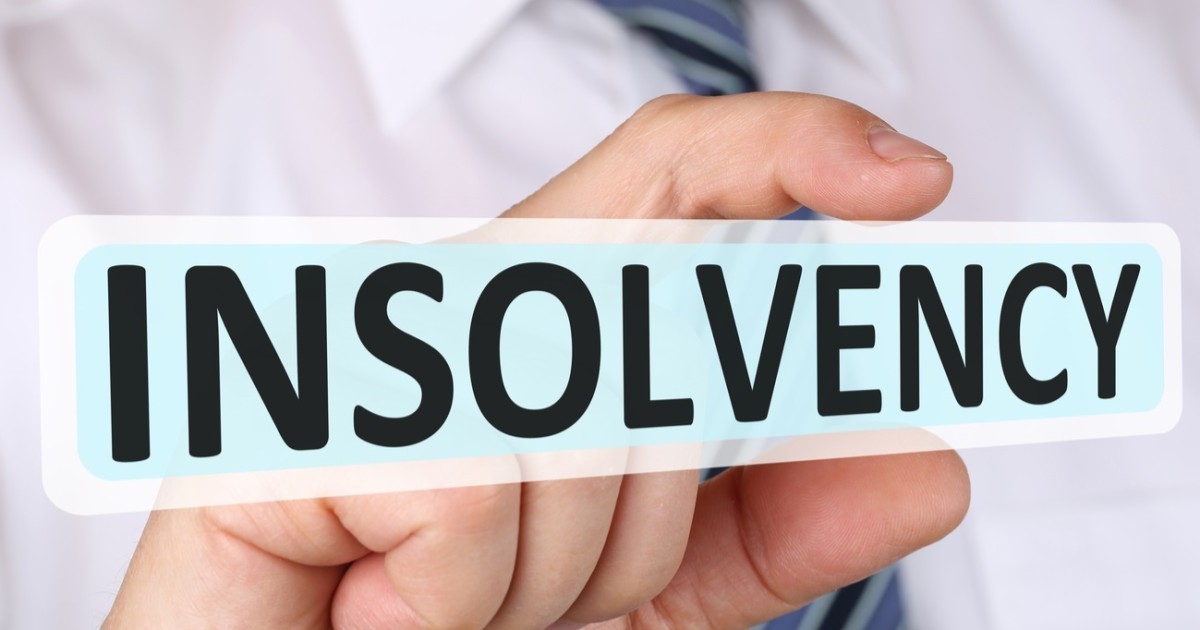All About Corporate Voluntary Agreement (CVA): Meaning and Usage.
All About Corporate Voluntary Agreement (CVA): Meaning and Usage.
Blog Article
In-Depth Evaluation: The Process and Importance of Company Voluntary Arrangements
Business voluntary arrangements play a crucial function in shaping the landscape of business responsibility and sustainability techniques. These agreements are not just contractual plans but instead strategic campaigns that signal a commitment to ethical organization conduct and stakeholder interaction. Understanding the detailed process entailed in developing these agreements and the careful strategies utilized throughout negotiations gives beneficial understandings into the characteristics of business decision-making and the pursuit of common worth. As we check out the complexities of execution, compliance, evaluation, and surveillance related to these arrangements, a much deeper recognition of their influence on service procedures, credibility, and social well-being emerges. The relevance and complex advantages of corporate volunteer contracts are noticeable, but the subtleties of their implementation and the challenges dealt with in their fostering warrant more detailed evaluation.

Understanding Corporate Voluntary Arrangements
When diving into the world of corporate volunteer agreements, it is necessary to comprehend the essential concepts directing these critical plans. Company voluntary arrangements are formal dedications made by companies to attain specific social, ecological, or ethical objectives past lawful needs. These contracts are willingly participated in by business to demonstrate their commitment to accountable organization methods and sustainability.
One trick aspect to understand about company volunteer agreements is that they are proactive steps taken by business to resolve societal problems and enhance their total impact. By voluntarily committing to specific requirements or campaigns, companies showcase their commitment to corporate social duty and stakeholder engagement.
Furthermore, corporate voluntary agreements often include cooperation with various stakeholders, including government bodies, non-governmental organizations, and areas. This multi-stakeholder strategy guarantees that the agreements are extensive, clear, and lined up with the rate of interests of all included events.
Essentially, understanding company voluntary agreements requires a deep recognition of their volunteer nature, the goals they intend to attain, and the collective efforts they entail to drive favorable change in the corporate landscape.
Settlement Refine and Strategies
Efficient negotiation processes and strategies play an essential duty in the successful execution of business volunteer arrangements. The negotiation procedure involves multiple parties coming together to reach an equally valuable arrangement that fulfills the rate of interests of all stakeholders entailed.
Techniques such as active listening, open interaction, and analytic alignment are essential in fostering a collective arrangement setting. Energetic listening ensures that all parties really feel listened to and recognized, bring about enhanced trust fund and participation. Open up interaction helps in making clear misconceptions and building agreement on vital issues. A problem-solving positioning motivates creativity and an emphasis on searching for services rather than residence on past grievances.
Additionally, preserving a considerate and professional perspective throughout the arrangement process is vital to building strong connections and accomplishing successful results. By using effective negotiation procedures and methods, corporations can navigate intricate contracts more efficiently and ensure the lasting implementation of volunteer commitments.
Implementation and Conformity Measures
Having actually effectively established a solid structure through effective arrangement procedures and techniques, the next vital stage entails the meticulous planning and execution of implementation and compliance steps in company voluntary agreements. Application Check This Out procedures encompass the actual deployment of the agreed-upon terms and actions outlined in the voluntary contract. This stage needs careful coordination amongst all entailed celebrations to make certain that the agreed-upon initiatives are implemented efficiently and effectively.
Conformity procedures play an important role in ensuring that all events entailed abide by the problems and terms defined in the voluntary contract. Monitoring systems, routine evaluations, and transparent reporting systems are generally used to track development and make sure accountability. Non-compliance can cause reputational damages, lawful implications, and a break down of trust fund amongst stakeholders, underscoring the importance of robust conformity procedures.
To boost the performance of application and compliance measures, clear interaction, regular monitoring, and swift corrective actions are important. By focusing on these aspects, organizations can maintain the honesty of their volunteer contracts and attain the wanted end results while fostering count on and liability within business ecosystem.
Surveillance and Examination Strategies

Examination, on the various other hand, involves the systematic analysis of the outcomes and influences of the volunteer arrangements - what is a cva in business. By assessing the efficiency of the implemented measures, business can check over here identify whether the desired goals are being attained and determine areas for enhancement. Evaluation methods may consist of studies, meetings, information evaluation, and other methods to gather pertinent information for assessing efficiency

Influence and Benefits of Contracts
In comprehending the efficiency of business voluntary agreements, it is essential to examine the tangible impact and advantages that these arrangements bring to both business and stakeholders. Corporate volunteer agreements typically lead to improved functional effectiveness within companies.
Additionally, company volunteer arrangements can foster better partnerships between companies and stakeholders. Additionally, these agreements often drive innovation and competition within industries, as firms aim to meet and exceed volunteer commitments, leading to favorable outcomes try these out for both the business and the bigger culture.
Verdict
In conclusion, company volunteer arrangements play a critical duty in promoting sustainability and corporate social duty. In general, company volunteer arrangements are a useful tool for driving favorable adjustment and promoting lasting organization methods.
Company voluntary contracts play a critical duty in forming the landscape of company responsibility and sustainability practices.Efficient negotiation procedures and strategies play a critical duty in the successful application of corporate voluntary agreements.Having successfully developed a strong structure through efficient arrangement processes and approaches, the following crucial phase involves the thorough planning and execution of implementation and conformity steps in company volunteer contracts (what is a cva agreement?).In comprehending the effectiveness of corporate voluntary arrangements, it is necessary to evaluate the concrete effect and advantages that these contracts bring to both stakeholders and firms.In final thought, company volunteer contracts play an important function in promoting sustainability and company social responsibility
Report this page